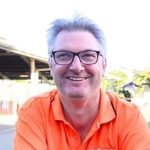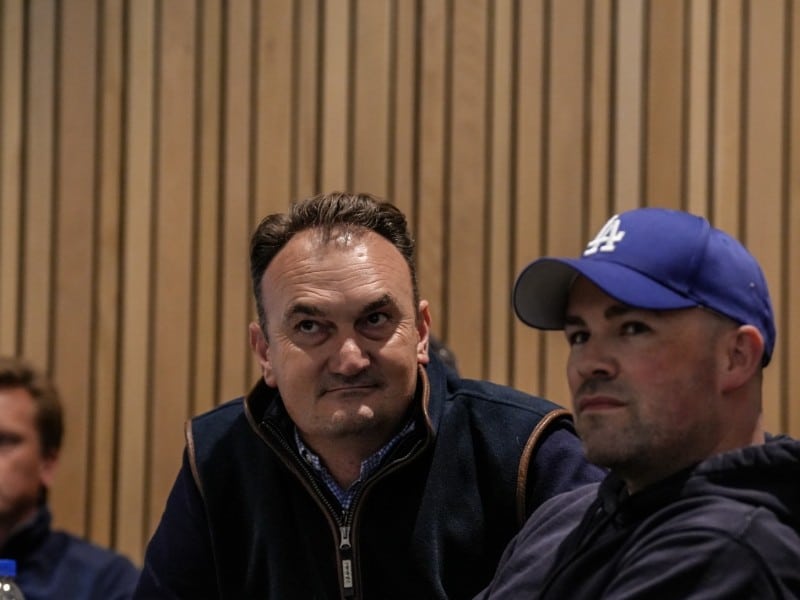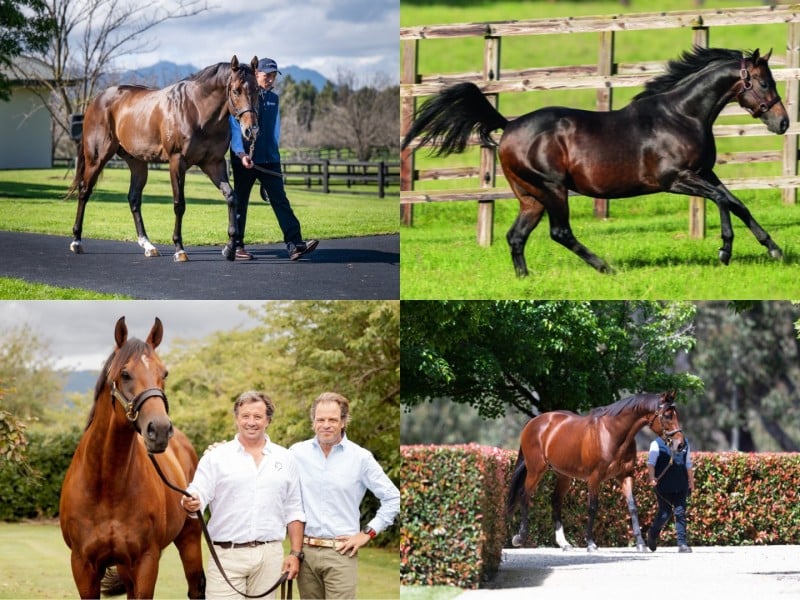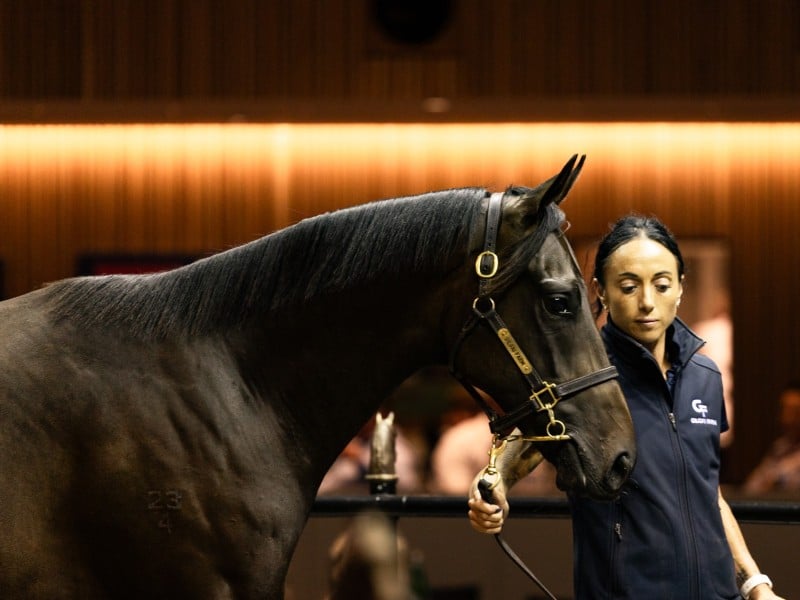Rowe on Tuesday – The aura of racing’s spiritual home and the magnificence of Goodwood
After a whirlwind week in the UK, Tim Rowe reflects on time spent in a revered Newmarket and three days at Glorious Goodwood.
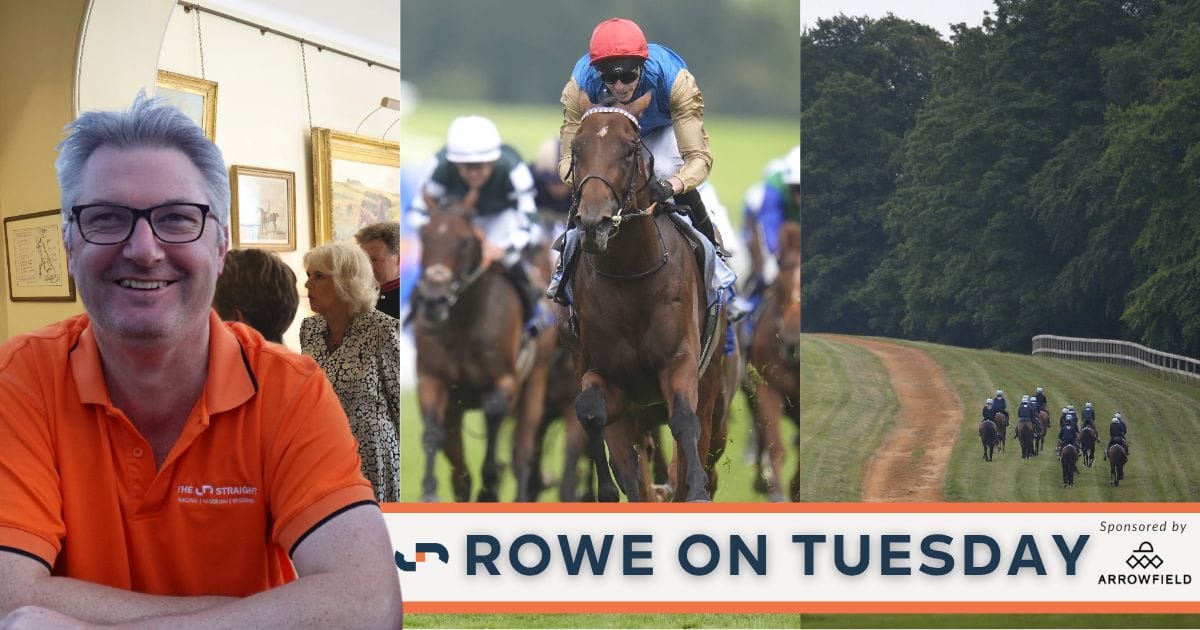
There remains a mystique about Newmarket, Britain’s expansive thoroughbred heartland, where champions of yesteryear and modern-day greats such as Frankel were trained.
Despite British racing’s well-publicised difficulties as the sport grapples with substandard prize money levels, which could be further eroded due to proposed changes to gambling taxation, when a string of horses work up Warren Hill the nobility of the sport rings true.
Trainers cast their eye over up to 50 horses at a time as they go about their daily routine, many in the absence of stop watches, sectional times and splits.
But visiting William Haggas’ Newmarket stables, some built in the 1800s and a new block constructed in the past five years, is a mix of old and new training aids.
They include equine spas and salt rooms, among other modern tools, which have seen Haggas become a leading trainer in the UK and an accomplished traveller of racehorses, especially on hit-and-run missions to Australia.
Such has been Haggas’ success in Sydney, in particular, that it’s well beyond just luck.
Haggas, who has prepared 12 Australian winners from 29 runners, divulged an interesting observation of his mostly Sydney raids, that the horses often “bounce” on their first trip Down Under, but that it is much harder to replicate the environmental spike the second and third time around.
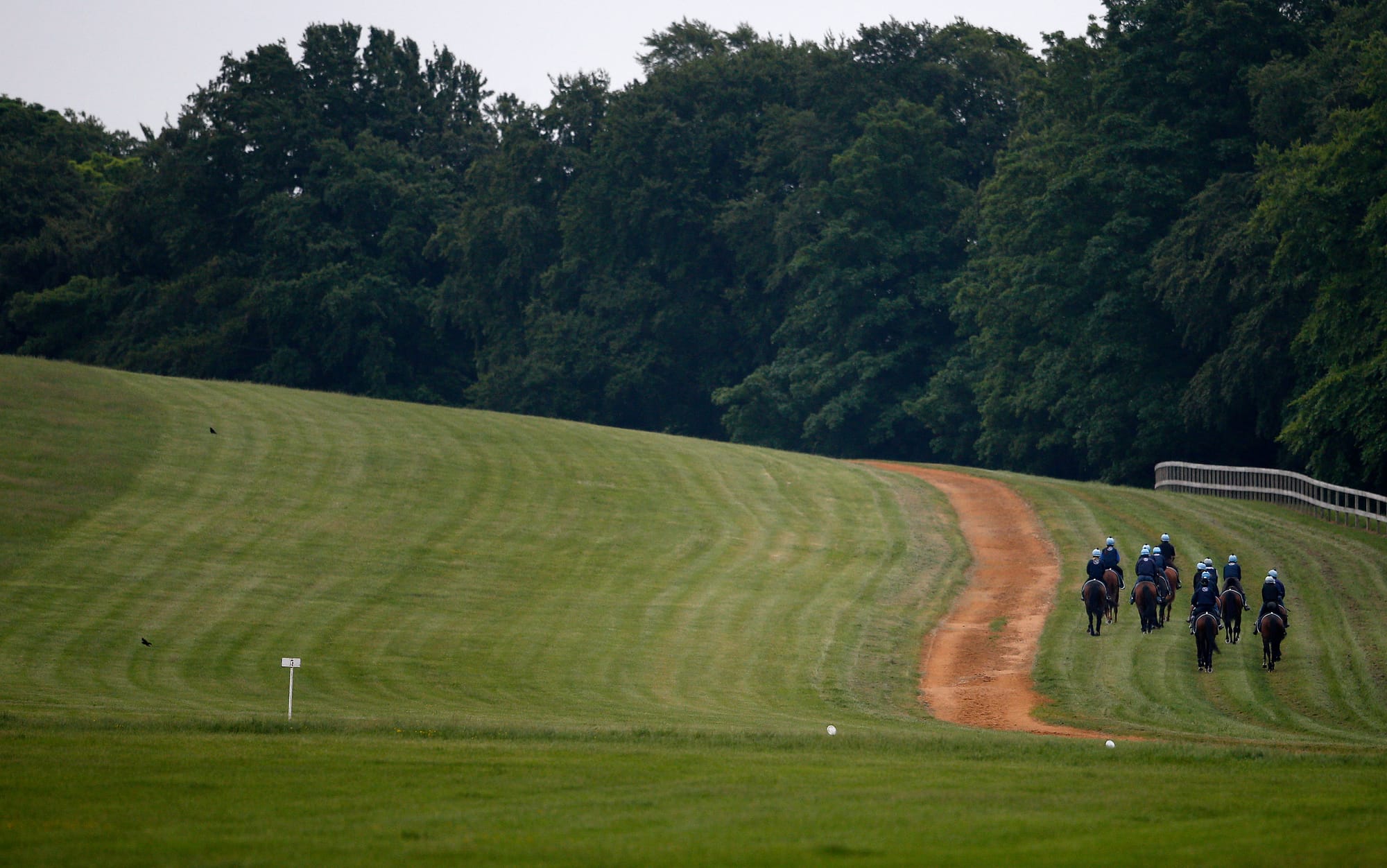
Royal Ascot-winning trainer Henry Dwyer, whose star mare Asfoora ran a close-up seventh in the King George Qatar Stakes at Goodwood last Friday, admits his two northern hemisphere campaigns with the now seven-year-old has been an eye opener.
“William Haggas said to me … in Australia, we’re all about trying to get the horses to go faster and quicker and here they’re trying to get them to go slower and longer,” Dwyer says,
“I thought that was a pretty good way of putting it. Everything they do is just geared towards making them go slower and steadier and getting in a good frame and a good rhythm. And that’s probably counterproductive for sprinters.
“You want them sort of bouncing and up on their toes and electric and ready to explode like a coiled spring. But with the stayers, they’re ready to get in a good rhythm.”
The history of The Jockey Club in Newmarket is evident inside the walls of the grand building where they are adorned with historic paintings of British racing luminaries, both human and equine.
To put it in perspective, even David Eustace had not set foot inside those walls of The Jockey Club building until last week, despite growing up virtually next door at Park Lodge.
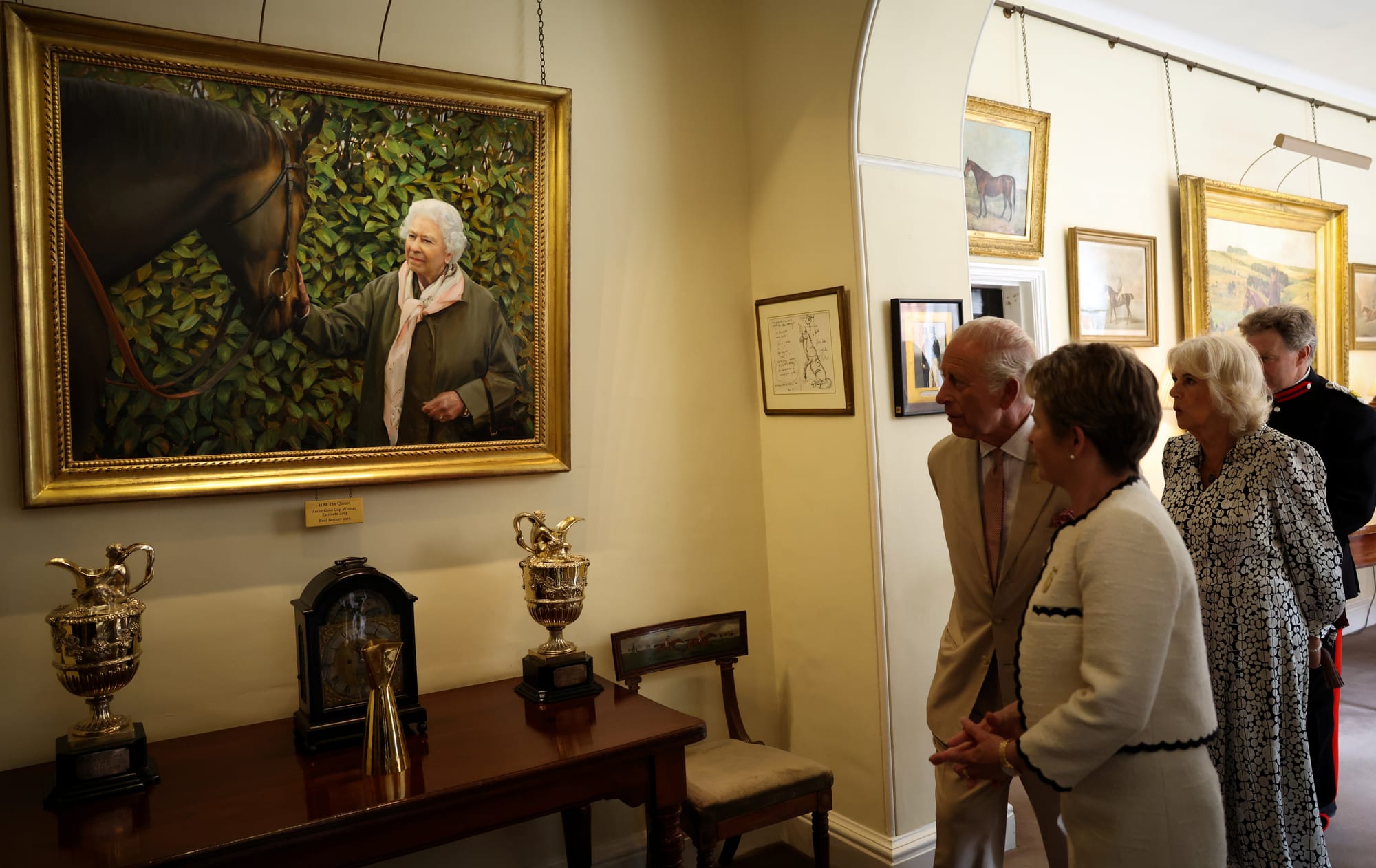
Eustace was home in the UK visiting his parents James and Gay and his brother Harry, now training his own team of horses, after a successful first season in Hong Kong.
Training from the Godolphin-owned Highfield Stables, Harry Eustace has enjoyed a breakout season, winning two Group 1s at Royal Ascot and he also had Principality score at Goodwood last week.
And it’s the importance of Godolphin to the Newmarket racing economy that simmers below the surface: what happens when Sheikh Mohammed is no longer with us?
Sheikh Mohammed’s racing empire, which has undergone its own structural changes in Australia with the abolition of a private training model, has a large footprint across Newmarket.
Not only the stables Godolphin’s trainers use, but those leased to the likes of Eustace, and the stables left vacant, such as Warren Place, from which the late Henry Cecil trained Frankel.
Warren Place was purchased by Godolphin in 2015 but has largely been empty ever since.
Goodwood delivers in spades
Glorious Goodwood, almost three hours’ drive south of Newmarket, arguably provided a glimpse of British racing’s future.
The Qatar-sponsored five-day carnival, set on an expansive and truly testing track, saw numerous runners from juggernauts Amo Racing and Wathnan Racing.
Godolphin, Coolmore and Shadwell had winners, but relative newcomers Wathnan Racing and Amo Racing also entered the winner’s stall.
Goodwood, billed to this journalist by regular attendees as a must-do, had it all.
The 150-1 pacemaker Qirat, a late entry by Juddmonte to help its rising star Field Of Gold, caused a boilover to win the Group 1 Sussex Stakes over a mile.
Not too dissimilar to Pride Of Jenni’s Queen Elizabeth Stakes win of 2024, Qirat and Coolmore’s 300-1 chance Serengeti made the pace. The jockeys on the fancied rivals left their runs too late with Field Of Gold fourth and Coolmore’s Henri Matisse, third, with Rosallion finishing runner-up.
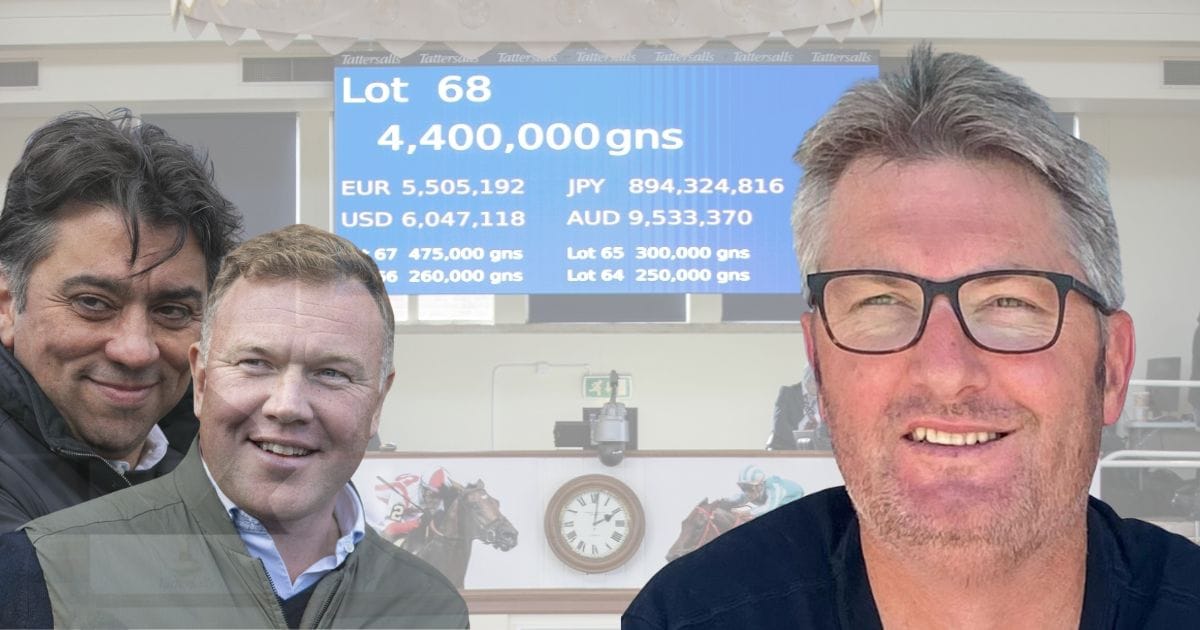
The Harry Eustace-trained Docklands ran well in fifth.
Pacemakers aren’t allowed in Australia, and rightly so, and then on Thursday, with a severe storm hovering over Goodwood a flag start was used in the Group 1 Nassau Stakes.
Few punters who were on course, the majority of whom were trying to seek shelter from the horizontal rain, knew what was happening when Ryan Moore took Whirl straight to the lead from the get-go in the absence of barriers.
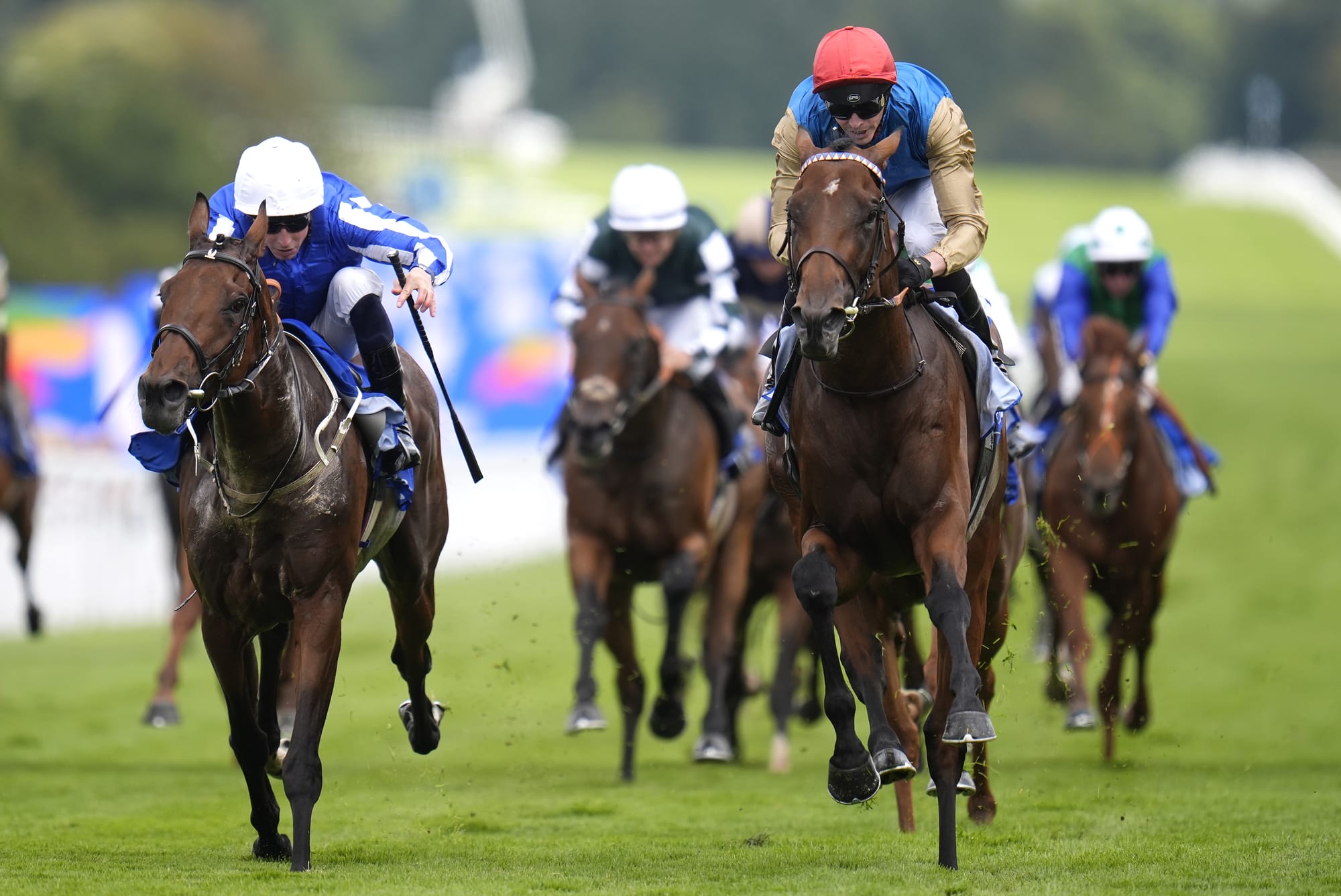
The Wootton Bassett filly was never headed, much like Wanted’s Group 1 Newmarket Handicap win of 2010 when hail the size of golf balls caused havoc at Flemington and horses’ herd instincts kicked in.
The Nassau Stakes jockeys and horses would never have set foot on the track in Australia under similar conditions, let alone competed with a flag start.
The official starter said it was the quickest way for the horses and jockeys to get back to safety as thunder and lightning and torrential rain took hold.
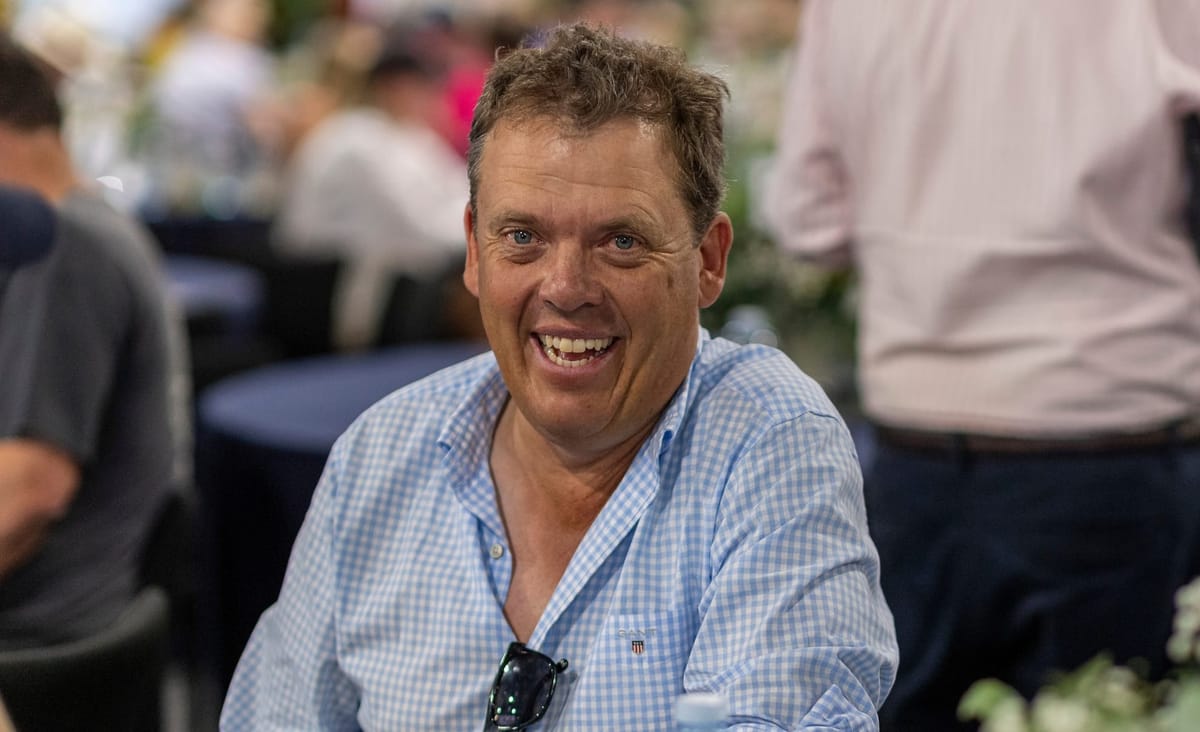
Asfoora may have been unplaced on Friday, but don’t give up on her, the track was “gluey” from the previous day’s weather, an event seasoned UK racegoers say they’d never experienced on a racetrack before.
She heads to the Group 1 Nunthorpe Stakes at York on August 22.
Goodwood was, indeed, glorious. Newmarket was a sight to behold and for any racing purist, they’re worth adding to your bucket list. I’ll be back.



